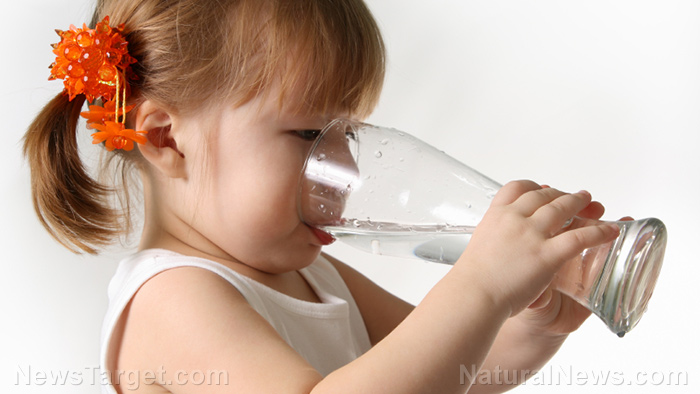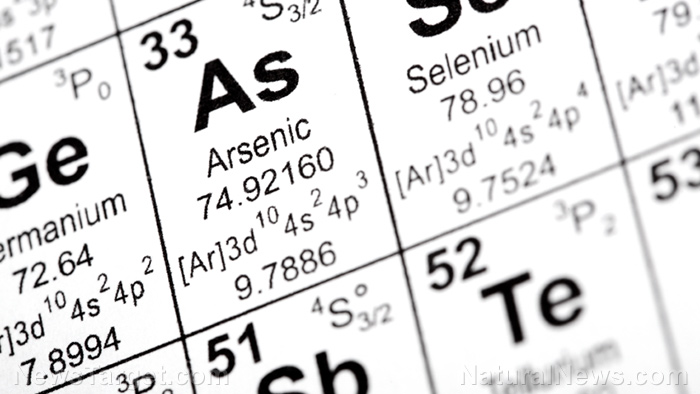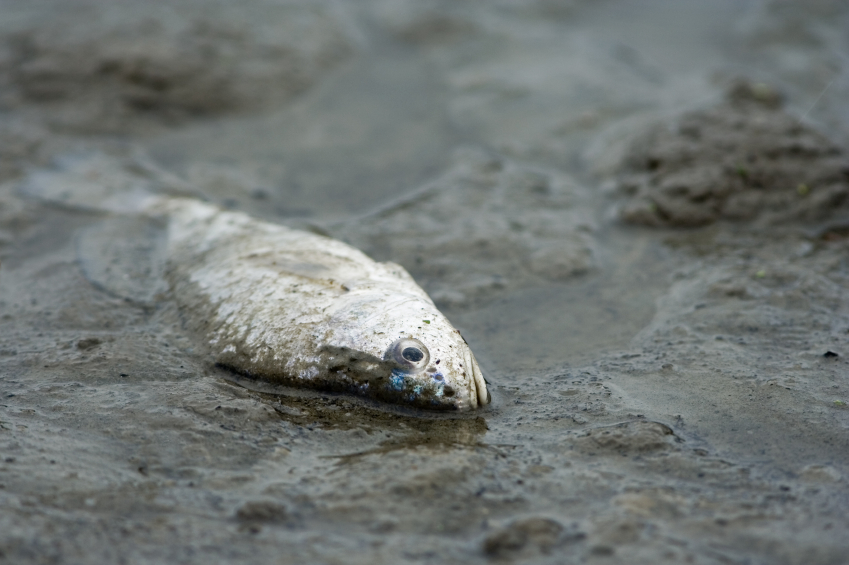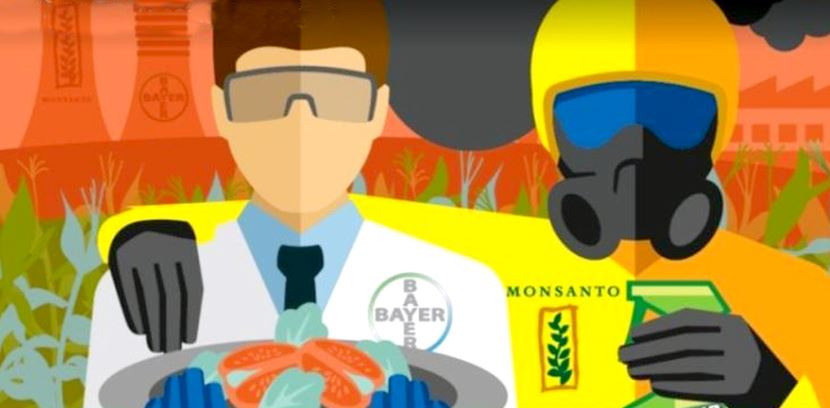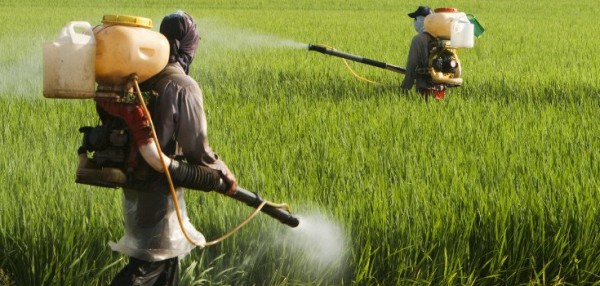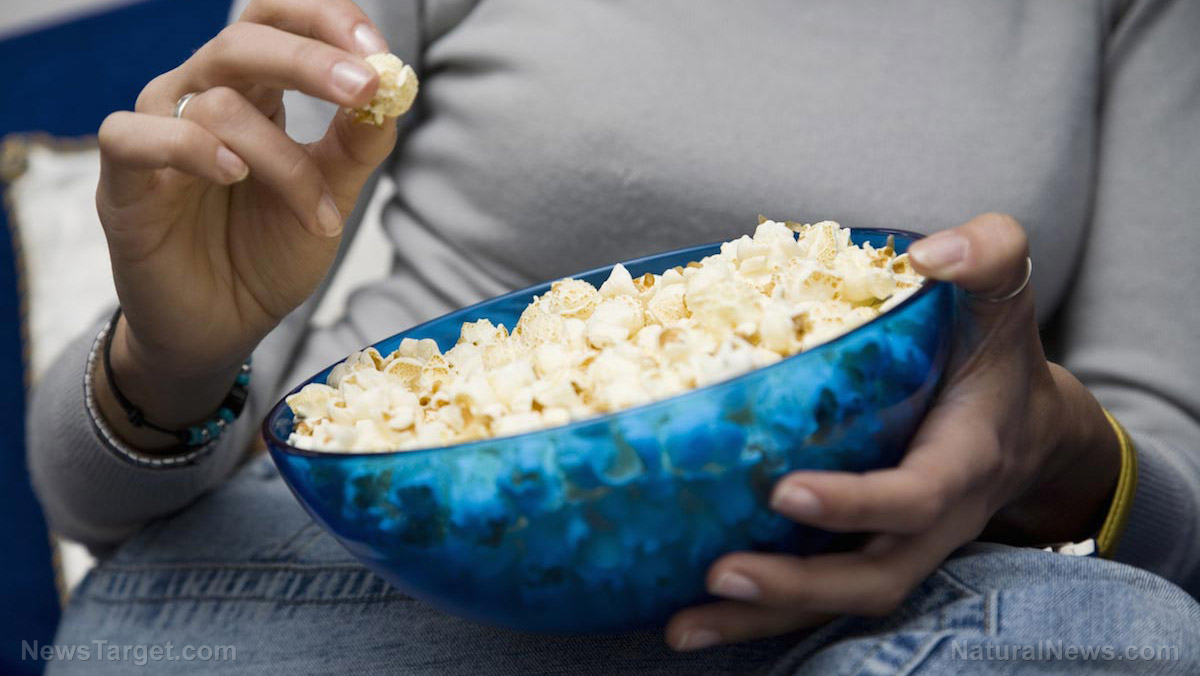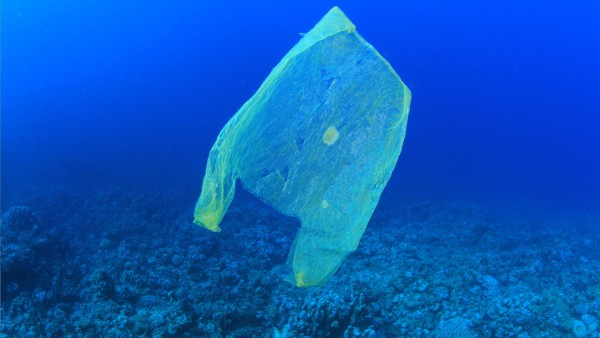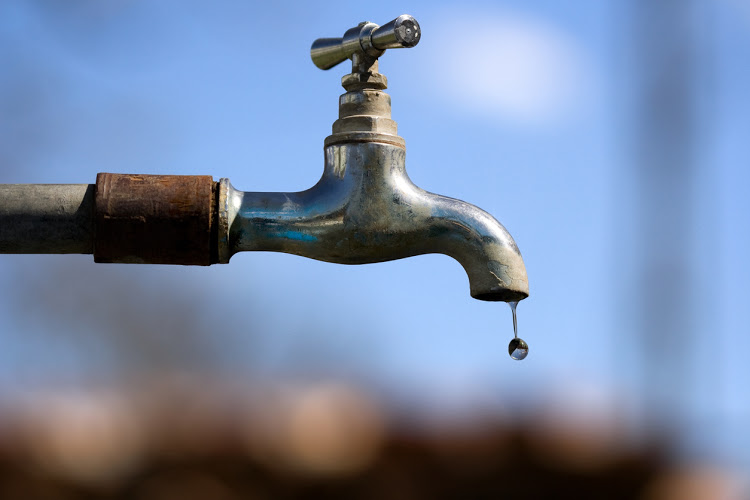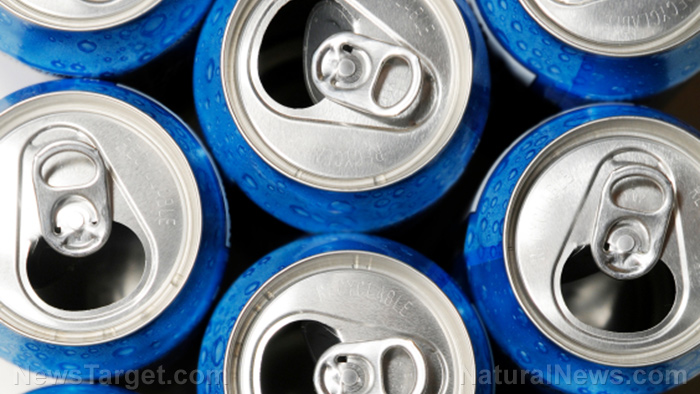DETOX yourself from these everyday items that could be wreaking havoc on your hormones
04/10/2018 / By Jessica Dolores

Do you know that some of the everyday things we take for granted are teeming with toxins that harm our health?
A large scale study discovered a whopping 90 percent of the most popular bottled water brands have microplastics small enough to enter the body. Journalism organization Orb Media asked scientists from the State University of New York to study brands of bottled water. They found that these bottled water brands had as much as 10,000 plastic pieces per liter of water. This prompted the World Health Organization to announce that it will review the potential risks of plastic in drinking water, even as water bottle companies stood by the quality and safety of their products.
Another study, this time from the University Of Exeter, supports the above-mentioned one. It showed that nearly 90 percent of teenagers have gender-bending chemicals from plastic in their bodies. The culprit is Bisphenol-A or BPA in plastic containers, water bottles, and linings of tinned foods and drinks. A 2016 study revealed that two out of three canned foods have BPA.
A U.S. Centers for Disease Control survey found that 93 percent of the population had measurable amounts of BPA. Dr. Channa Jayasena, clinical senior lecturer and consultant in reproductive endocrinology at Imperial College London warns, “The risk of these endocrine disrupting chemicals is enormous. My concern is that by the time we work out what they actually do, they might be causing diseases we don’t know about.’
You can detox water bottles by heating them. You should also rinse food before eating.
Meanwhile, unfiltered tap water, fruits, and vegetables can have xenoestrogen chemicals that cause breast cancer and obesity. Detox by drinking filtered water which removes harmful chemicals. Nutritional therapist Daniel O’Shannessy, director of Bodhimaya Health Centre suggests freeing greens and fruits from pesticides by soaking them in water and a tablespoon of apple cider vinegar. You can also use veggie wash before cooking.
Till receipts, sanitary products and napkins are sources of toxins as well. U.S. gynecologist Dr Sara Gottfried says that the shiny coating on till receipts contains BPA which our skin absorbs. France wants an EU-wide ban on till receipts with BPA and most receipts in that country are marked ‘sans BPA’. Other paper sources of synthetic estrogen include sanitary towels and tampons. Even table napkins may be coated in BPA. Dr. Gottfried suggests going receipt free. Women can opt for organic or dioxin-free sanitary napkins and tampons. Unbleached, uncoated table napkins are also good.
Another everyday item that could harm health are plastic dental fillings. A 2012 study published in the journal Paediatrics found that children fitted with fillings made from a substance with BPA had more behavioral problems than their peers. Ask your dentist about BPA-free composite fillings.
Yet another oft-ignored source of toxins are cosmetics, perfumes and colognes as well as scented candles. Dr. Gottfried suggests ignoring labels claiming that the product is chemical-free, natural or for sensitive skin. Choose organic cosmetics and opt for perfumes and scented candles made from essential oils instead.
We can’t avoid these everyday products, but we can apply safety measures to make them less toxic. The key is vigilance and a complete devotion to a chemical-free lifestyle.
Find hundreds of clean, laboratory-verified products that are free of synthetic chemicals at the Health Ranger Store.
Sources include:
Tagged Under: bisphenol A, BPA, chemical-free lifestyle, chemicals, Cosmetics, Endocrine disruptors, gender-bending chemicals, harmful chemicals, Harmful Toxins, perfume, plastic bottles, plastic water bottles, receipts, sanitary napkins, sanitary products, toxic items, toxins, xenoestrogen chemicals






